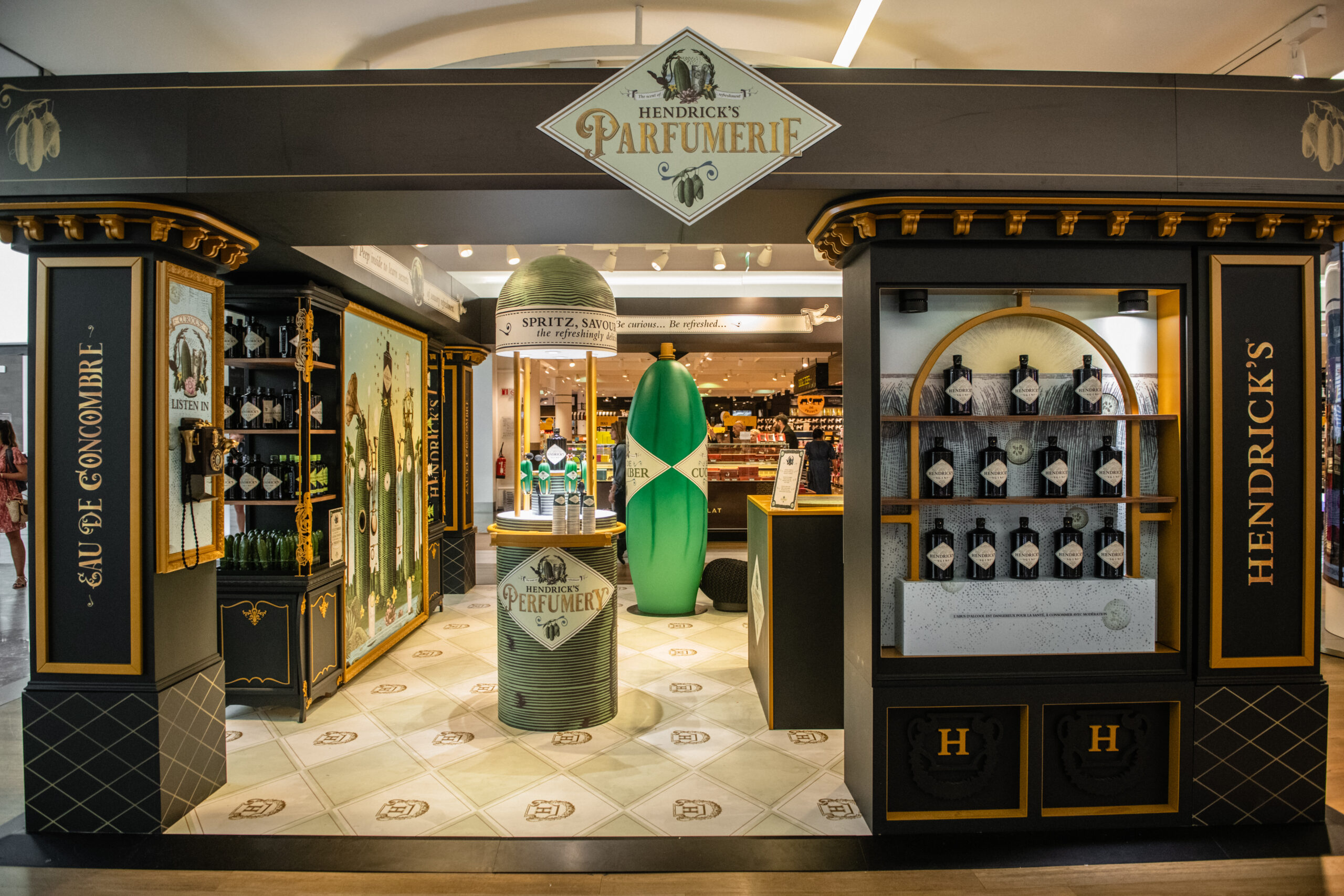A view from Jim Carless: When events return some things are better left behind

This generation needs to embrace evolution.
The Beatles weren’t going to play the Cavern Club forever. They adapted. Evolved. Admittedly to the point where they had to quit playing live, but the point still stands – they tweaked their offering to the ever-changing needs of their audience.
I’m not saying those of us working in experiential marketing look as sharp as the Fab Four, but we’ve come a long way regardless. The industry finally got its head around measurement – rather than just giving Pavlovian nods when asked about “effectiveness”, we finally agreed to work out a return on experience and put a value on the discipline.
Because data points were everywhere, we could even extrapolate the value of the brand experience portion of an integrated campaign. The Holy Grail had been procured – brand experience can deliver a favourable ROI and we can prove it, thank you very much.
Even though the past ten months have been the darkest I’ve ever experienced, they’ve shone a light on the industry. We’re adapting because we have to – and we’re leaving the crap behind.

Meaningful interactions
If there’s any solace in this, it’s that the wheat is being socially distanced from the chaff. Everyone’s been harping on about Covid disrupting live events and experiential, but they’re missing the obvious – it’s cutting away all the unnecessary fluff.
All the half-baked, aimless activations that don’t stop to think why they’re deploying a seven-foot man dressed as a goat into a tightly packed shopping centre; every “hashtagcometogether” campaign that never brings anyone together and, well, just ends up clogging people’s social feeds – they’re gone now. And hopefully they’ll stay gone. Because we’ve realised there’s better ways of doing things.
Brands are building experiences that connect consumers via experience strategies that consider and include every marketing discipline capable of generating an experience, all working together. An end to silos and the beginning of genuine integration and consistency of communication, reflecting changing consumer behaviours in a post-Covid world.
The line between brand experience and entertainment has blurred, with people you’d never expect to get stuck in, getting stuck in. 12 million users tuned into Fortnite for Travis Scott’s exclusive set, where he premiered a brand-new track. Scott and his label could have just slung it on Spotify and been done with it, but that’s clearly a man – and a platform, to give Fortnite credit – craving something new.
Collaboration will become key: less Wings, more Beatles
What that Travis Scott x Fortnite example shows is that further evolution is coming, and its success lies in new types of collaborative, creative brand partnerships.
Partnerships with entertainment properties, talent and like-minded complementary brands will generate mutual benefits for both brand and customer.
The emergence of community is a positive hallmark of the pandemic – we’ve even witnessed competing brands come together under the banner of solidarity, like Burger King urging hungry Brits to dine at nemeses like McDonald’s, alongside local eateries, to support staff during the harsh winter months. Who’d have thunk it – partnerships formed for a higher purpose than likes and shares.
Then look at Aldi, Asda, Co-op, Iceland, Lidl, M&S, The Food Warehouse, Sainsbury’s, John Lewis, Tesco, and Waitrose’s joint #StandAgainstRacism ad for Christmas. It’s not like they were doing it for clout when they were all at it together.
This is a new kind of brand partnership. A partnership forged through giving a shit. When experiential kicks into gear again in-person, the proof will be in the pudding; joint activations would be so much stronger if brands collaborated and would benefit the person who matters the most: the customer.
Elevating an experience based on connecting one or more common passion points with another will add value to brand experience strategies. Every time.
So, while the dark days are not over, brand experience is certainly not dead. The world and the people who occupy it have changed, but I’m talking about evolution. And that can’t be a bad thing.
Jim Carless, Head of Brand Experience at Space
This article originally appeared as a guest piece in Campaign magazine.

